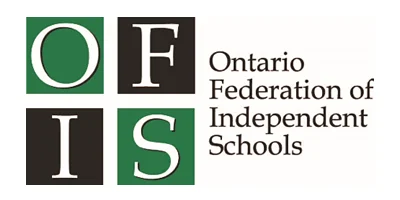We don’t have to tell you it’s important to teach your children basic money skills. The big stumbling block is how to do it. Unlike helping a kid learn to ride a bike or make a PB&J, talking about money isn’t second (or even third) nature for most of us. In fact, polls show that parents feel more at ease discussing sex or drugs. Why? Many adults don’t think they know enough about managing it themselves. Yet research shows that parents are the number one influence on a child’s financial behavior.
PAY IT FORWARD
The most important financial habit of all might be giving back, so here’s a way to offer your child an incentive to be charitable—a concept he can understand as young as age 4. Start by talking your child through why we all need to give, and how even a few dollars can make a big difference to someone in need. Then announce your matching offer: For every quarter your kid saves for charity, you’ll put in a quarter of your own. Research together organizations known for using small amounts of cash to do big things for a greater impact. For example, try Heifer International, a nonprofit that donates farm animals and supplies around the world. Your child can buy a flock of chicks to help support a family for just $20, for instance. Or go local: Make a donation to a nearby animal shelter, or to help pay medical costs of someone in your community who’s ill.
THE BUTTERFLY EFFECT
Of all the valuable money skills you can teach 4- and 5-year-olds, delayed gratification may be the most critical. It’s the key skill adults need to exercise smart spending, saving, and investing for the long haul. For kids, there’s no more magical way to develop the necessary patience than with a simple, affordable butterfly hatchery. It takes a little planning to set it up, and then you have to wait about a month for caterpillars to become chrysalides and then fluttering monarchs—an eternity to a kid this age.
Along the way, your child will have to carry out simple tasks—stocking the enclosure with fresh food, keeping the place moist, and cleaning up after themselves. To celebrate each stage of development, agree to put a dollar in a jar so your child watches her savings grow along with her future butterfly.
Nothing motivates kids (or adults) to learn quite like dessert! This activity teaches children ages 6 and older how to draw up and execute a budget—skills that’ll be valuable later in life. First, visit your local bakery and price a whole pie (apple, blueberry, peach—whatever calls out to your kid’s sweet tooth). Now, the challenge: Can he bake the same treat for less? Head to the grocery store, armed with a recipe, to price each ingredient. If the total comes in under the bakery price, get cooking. If not, you’ll have to comparison-shop—can he find a less expensive vanilla extract?— until you hit on a way to do it for less.
VERY INTEREST-ING
Benjamin Franklin had it half right: A penny saved is actually more than a penny earned, if you stash it in an interest-bearing account. Compounding interest is a cornerstone of personal finance: Not only does our invested money earn interest, its interest earns interest as well. Kids 7 and older will get this if you give them a concrete example— and what’s more concrete than free money? Since savings accounts these days fetch a measly 1 percent at most, demonstrate the principle with an exaggerated rate: 100 percent.
Start by giving your child a penny. Each day after, pay him interest equaling the amount he already has: On day two, give him one more penny, bringing his total to two cents; on day three, give him two more. Stop on day 11, unless you’re willing to part with serious cash. By then, that penny will have grown to $10.24—all thanks to compounding interest.









